Research & Studies
Bringing the best biosimilars research together in one place
The body of research points in the same direction: biosimilars are effective medicines providing significant savings to patients and health care systems. Now, the latest studies, reports and data can all be found in one place below.
Filter by Category
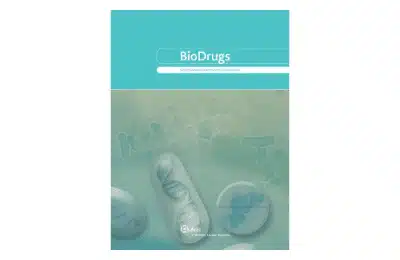
Additional Data in Expanded Patient Populations and New Indications Support the Practice of Biosimilar-to-Biosimilar Switching
The data re-confirms the conclusion that as a scientific matter, biosimilar-to-biosimilar switching is an effective clinical practice, with no new safety concerns. Any suggestions to the contrary are not supported by the evidence.
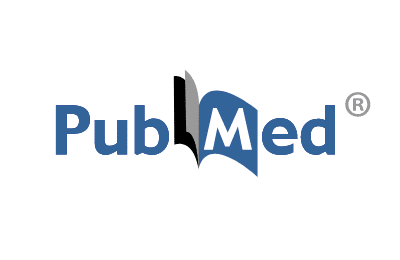
Efficacy and Safety Evaluations of Adalimumab Biosimilars in the Treatment of Psoriasis
These findings suggest that biosimilar agents of adalimumab have an overall efficacy and safety profile for psoriasis comparable to those of their reference agents.
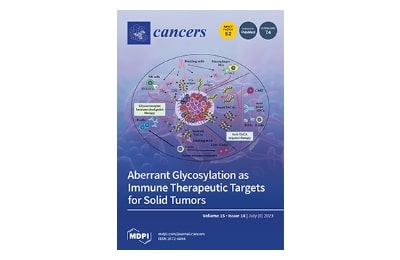
Oncological Biosimilars Shown to Be as Safe as Their Reference Products
In a study published in Cancers, researchers analyzed post-marketing pharmacovigilance data of biosimilar monoclonal antibodies used in oncology compared with their respective reference products. Study finds patients with cancer feel reassured that biosimilars provide a safe, adequate, and cost-effective alternative to the pricier reference drug.
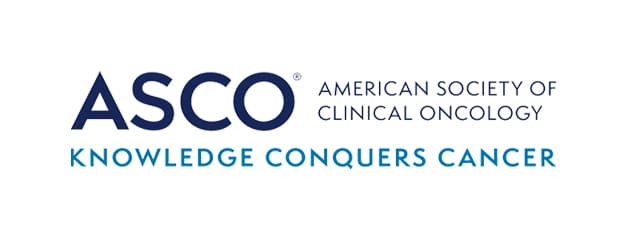
Projected Impact of Oncology Biosimilar Substitution from the Perspective of Provider Risk in Value-Based Oncology Payment Models.
Biosimilar substitution resulted in a mean reduction in cost relative to target of approximately $1,200 per eligible episode and reduced the proportion of practices that were above benchmark for eligible episodes by 33% and increased the number of practices below target for eligible episodes by 42%.
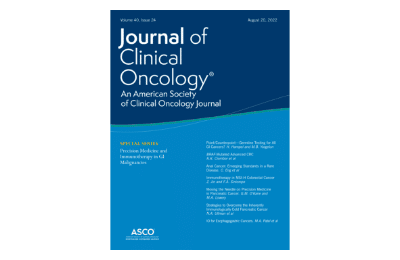
Texas Oncology Reports Savings from Biosimilar Substitution Effort
An experiment with automatic prescribing of biosimilars at Texas Oncology resulted in a dramatic savings and increase in biosimilar vs originator usage rates, investigators reported at ASCO 2021… By December 2020, utilization of biosimilars rose to 80% from 5% for rituximab, 88% from 9% for bevacizumab, and 74% from 8% for trastuzumab. Investigators calculated the potential savings per administration at $550 for bevacizumab, $850 for trastuzumab, and $1400 for rituximab. “In 1 month alone, this project dramatically reduced cost by $4 million or 21% by conversion to these 3 biosimilars,” they wrote.

Successful Biosimilar Adoption in Oncology: Strategic Approach to System Standardization
The overall substitution rate to biosimilars was 83% (76%-97%) compared to baseline of 55%, representing a 51% improvement. Based on the wholesale acquisition cost, we estimate reduction in direct spending of $1.2 million per month or an average 23% cost savings.
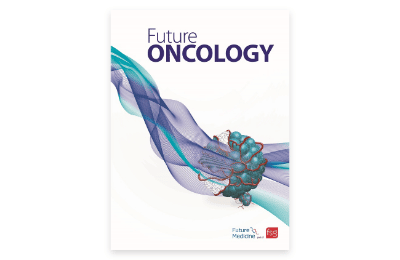
Real-World Evidence of a Successful Biosimilar Adoption Program
This article describes how Providence St Joseph Health, a large US nonprofit health system, encouraged the use of lower-cost biosimilars instead of the higher-cost bio-originators. Using several different tools, Providence St Joseph Health ensured that biosimilars are used wherever possible and has saved USD$26.9 million in 2 years.
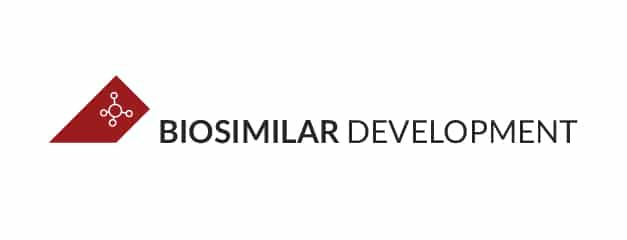
Biosimilar Interchangeability: Regulatory & Practical Considerations
One of the remaining concerns of clinicians regarding interchangeability is the risk of increased immunogenicity after transitioning. However, there are no data to substantiate the theoretical risk of immunogenicity when switching from a reference biological to its biosimilar and, as such, these concerns are considered unfounded. The body of clinical evidence and theoretical considerations reassure that biosimilars approved according to robust regulatory standards are interchangeable.
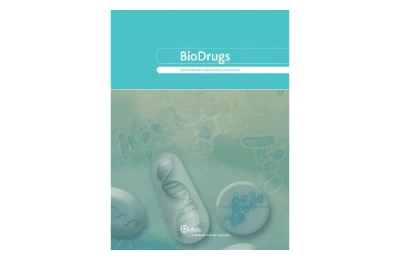
Evolution of the EU Biosimilar Framework: Past and Future
This review provides evidence that regulatory assessment is based on a scientific evaluation of the totality of evidence obtained in the comparability exercise and will take into consideration that any remaining uncertainty can only be towards a potential benefit for the patient. This approach has allowed safe and effective biosimilars to reach the EU market as illustrated by pre- and post-marketing data accumulated since the introduction of the first biosimilar medicine in the EU.

Real-World Trends in Biosimilar Prescribing Among Oncology Providers, 2019-2021
Eleven biosimilars for use in oncology have been launched since the start of 2019, and investigators who sought to measure oncologists’ response to these agents reported initial hesitation, followed by robust uptake and hefty savings.”
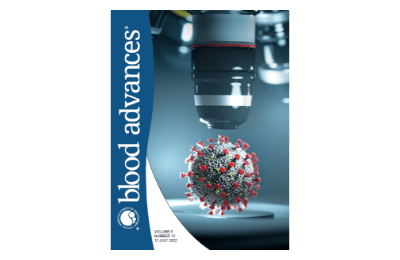
Biosimilar Lymphoma Medicines are Just as Effective as Reference Biologics at Lower Cost
Three-year overall survival did not differ between DLBCL patients treated with rituximab biosimilars and those receiving rituximab originator. By the end of 2018, 91% of purchased rituximab in the Netherlands were biosimilars, accounting for a 43% reduction in annual costs.
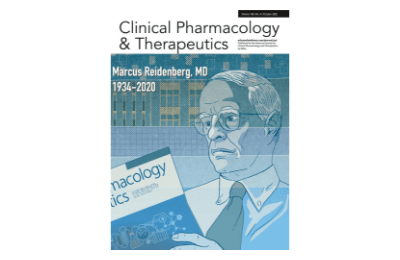
The Efficacy, Safety, and Immunogenicity of Switching Between Reference Biopharmaceuticals and Biosimilars: A Systematic Review
Despite the limitations stemming from a lack of a robust design for most of the studies, the available switching data do not indicate that switching from a RP to a biosimilar is associated with any major efficacy, safety, or immunogenicity issues.
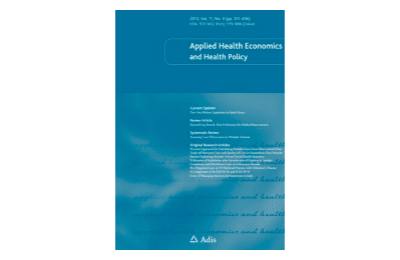
Does Biosimilar Bevacizumab Offer Affordable Treatment Options for Cancer Patients in the USA? A Budget Impact Analysis from US Commercial and Medicare Payer Perspectives
The introduction of biosimilar bevacizumab-bvzr was estimated to provide substantial cost savings for US payers, which would allow additional patients access to bevacizumab treatment.

Process and Clinical Outcomes of a Biosimilar Adoption Program with Infliximab-Dyyb
Implementation of a biosimilar adoption program can be successful and result in significant cost savings without compromising clinical outcomes. A model that uses actionable strategies and embraces collaboration among stakeholders is described here, with outcomes demonstrating successful IFX-dyyb uptake and no changes in clinical outcomes of transitioned adult patients with IBD.
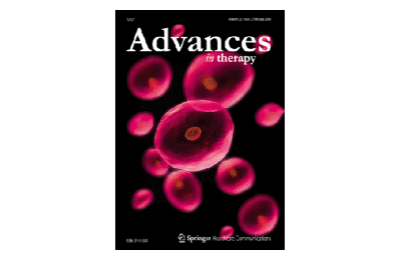
Unlocking the Value of Anti-TNF Biosimilars: Reducing Disease Burden and Improving Outcomes in Chronic Immune-Mediated Inflammatory Diseases A Narrative Review
The introduction of cost-efficient biosimilar anti-TNFs within Europe since 2013 has allowed more patients with IMIDs to access biologic therapies earlier and for longer, potentially altering the course of the disease into a milder phenotype and reducing the long-term disease burden. This review provides the latest evidence for the impact of biosimilars on patient outcomes and demonstrates their clinical value beyond a reduction in price.

Real-world Evaluation of Biosimilar Bevacizumab-awwb Versus Bevacizumab in Patients with Advanced Non-Squamous Non-Small Cell Lung Cancer in a U.S. Integrated Healthcare Delivery System
Investigators say they have confirmed the safety and efficacy equivalence of bevacizumab biosimilar Mvasi compared with its reference product (Avastin) in a real-world population of patients with advanced nonsquamous non–small cell lung cancer.
International Society for Pharmacoeconomics and Outcomes Research Center for Biosimilars

Real-world Overall Response Rate and Other Outcomes Related to Originator and Biosimilar Rituximab in Patients with Chronic Lymphocytic Leukemia or Non-Hodgkin’s Lymphoma in the United Kingdom
The originator (rituximab) and biosimilar (rituximab-abbs) products yielded comparable efficacy and tolerability in treating chronic lymphocytic leukemia and non-Hodgkin’s lymphoma in routine UK clinical practice, with rituximab-abbs demonstrating cost-savings. These findings should inform decision-makers on the potential for cost reductions where the biosimilar rituximab-abbs is available as a treatment alternative.”
International Society for Pharmacoeconomics and Outcomes Research Center for Biosimilars
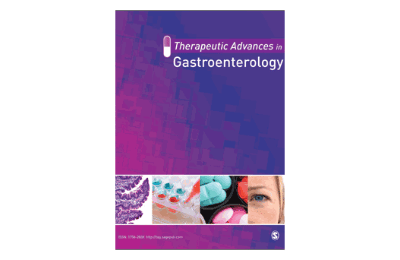
Switching from Infliximab Originator to SB2 Biosimilar in Inflammatory Bowel Diseases: A Multicentric Prospective Real-Life Study
Summary: “A real-world, multicenter study in Italy demonstrated equivalent safety, efficacy, and tolerability for patients with inflammatory bowel disease (IBD) who switched from reference infliximab (Remicade) to the biosimilar Renflexis (SB2, Flixabi), investigators concluded.”
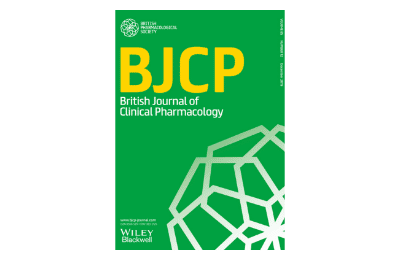
Switching Between Reference Adalimumab and Biosimilars in Chronic Immune-Mediated Inflammatory Diseases: A Systematic Literature Review
Switching between reference adalimumab and biosimilars has no impact on efficacy, safety and immunogenicity in patients with rheumatoid arthritis, psoriasis and inflammatory bowel disease. This finding was consistent for the different adalimumab biosimilars analysed. These conclusions could probably be extended to other rheumatic diseases such as psoriatic arthritis and ankylosing spondylitis.
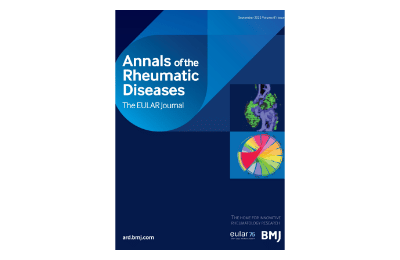
Efficacy and Drug Survival After Multiple-Switching from Adalimumab Originator to the Biosimilars ABP501 and SB5: A Real-Life Study
No difference was found between oADA and bsADA in terms of efficacy. This real-life study confirms the similar efficacy profile of multiple switch bsADA with long-term retention and a good safety profile in inflammatory arthritis patients.

The Proper Study: Interim Analysis of a Pan-EU Rreal-World Study of SB5 Biosimilar Following Transition from Reference Adalimumab in Patients with Rheumatoid Arthritis, Axial Spondyloarthritis, or Psoriatic Arthritis
No difference was found between oADA and bsADA in terms of efficacy. This real-life study confirms the similar efficacy profile of multiple switch bsADA with long-term retention and a good safety profile in inflammatory arthritis patients.

Therapeutic Equivalence of Biosimilar and Reference Biologic Drugs in Rheumatoid Arthritis | A Systematic Review and Meta-analysis
In this systematic review and meta-analysis, biosimilars of adalimumab, infliximab, and etanercept were associated with clinically equivalent treatment effects compared with their reference biologics for the treatment of RA.

Additional Data in Expanded Patient Populations and New Indications Support the Practice of Biosimilar-to-Biosimilar Switching
The availability of this new efficacy and safety data together with the supportive statements from the European Medicines Agency and the Food and Drug Administration re-confirm the conclusion that as a scientific matter, biosimilar-to-biosimilar switching is an effective clinical practice, with no new safety concerns. Any suggestions to the contrary are not supported by the evidence.

Meta-Analysis Confirms Similar Safety, Efficacy Between Adalimumab Biosimilars, Humira
A systematic review and meta-analysis of 7 randomized controlled trials found no significant differences in efficacy and safety indicators between adalimumab biosimilars and the reference product (Humira) for treatment of moderate to severe psoriasis.
Filter by Category
Stay Informed About The Latest Issues.
Subscribe to the monthly Biosimilars Bulletin.